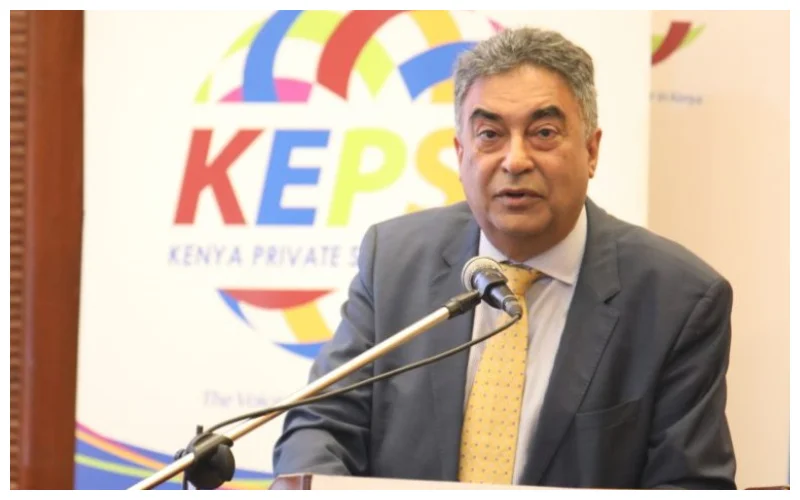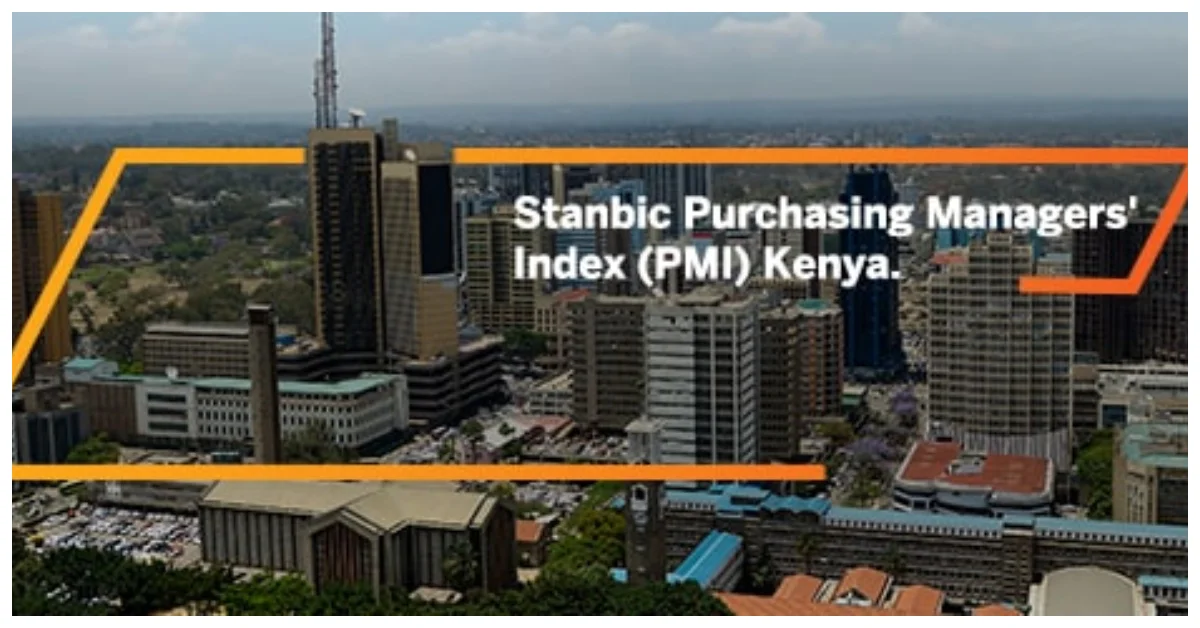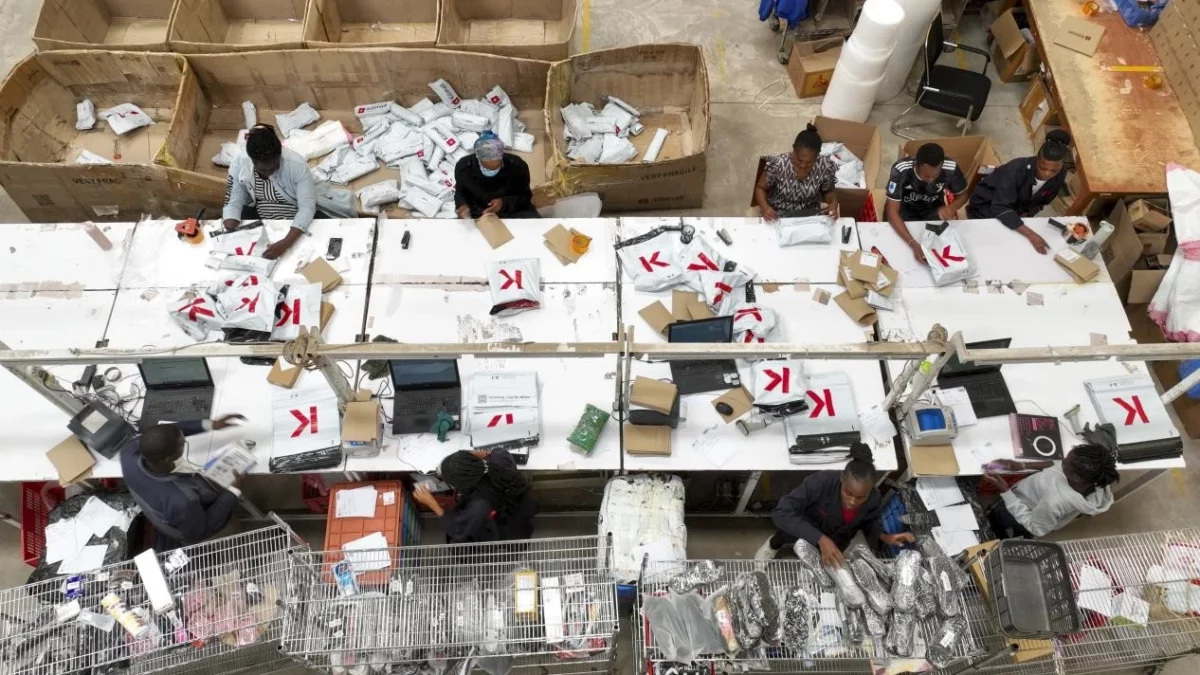According to the July 2023 Stanbic Bank Kenya Purchasing Managers Index (PMI), Kenya’s private sector experienced a significant slowdown in July. The decline was attributed to reduced spending by businesses and consumers, primarily due to ongoing political protests that impacted demand.
The survey revealed that this contraction in output was the most rapid since August 2022, as new orders fell sharply amidst the street protests and weak customer demand.
Furthermore, the cost of inputs rose at the third fastest rate in the PMI series’ history for Kenya. This was fueled by a further depreciation of Kenya’s Shilling against the US dollar and a rise in fuel prices following an adjustment of VAT on fuel from 8% to 16%.

As a result, business costs increased substantially in July, with input price inflation reaching one of the highest levels since 2014 when the survey began.
The rise in input costs led to higher output prices as business optimism slightly waned and job growth eased. The PMI reading, which indicates business conditions, showed a greater slump in operating conditions over July, reaching the fastest pace of deterioration in almost a year.
Read Also: Protests Cost Manufacturing Industry Ksh2.86 billion Daily Loss
The index was 45.5, down from 47.8 in June, indicating a deterioration in business conditions for the sixth consecutive month.
The main drivers of the deteriorating operating conditions were a sharp and accelerated fall in new business inflows and a drop in client demand due to the cost-of-living crisis. The political demonstrations also adversely affected sales, with four out of the five monitored sectors recording a decline in sales, except for agriculture, which saw growth.
Due to the overall decline in sales, Kenya’s business sector experienced a sharp drop in output in July, the second-worst since 2017 when excluding lockdown-affected periods. Higher fuel prices and increased tax burdens were cited as contributing factors, with some firms raising workers’ salaries in response to the cost-of-living crisis.
Subscribe to our YouTube channel Switch TV
It is noteworthy that the rise in overall input costs was one of the sharpest seen in Kenya since data collection began in 2014, resulting in a robust and faster increase in selling charges.



























